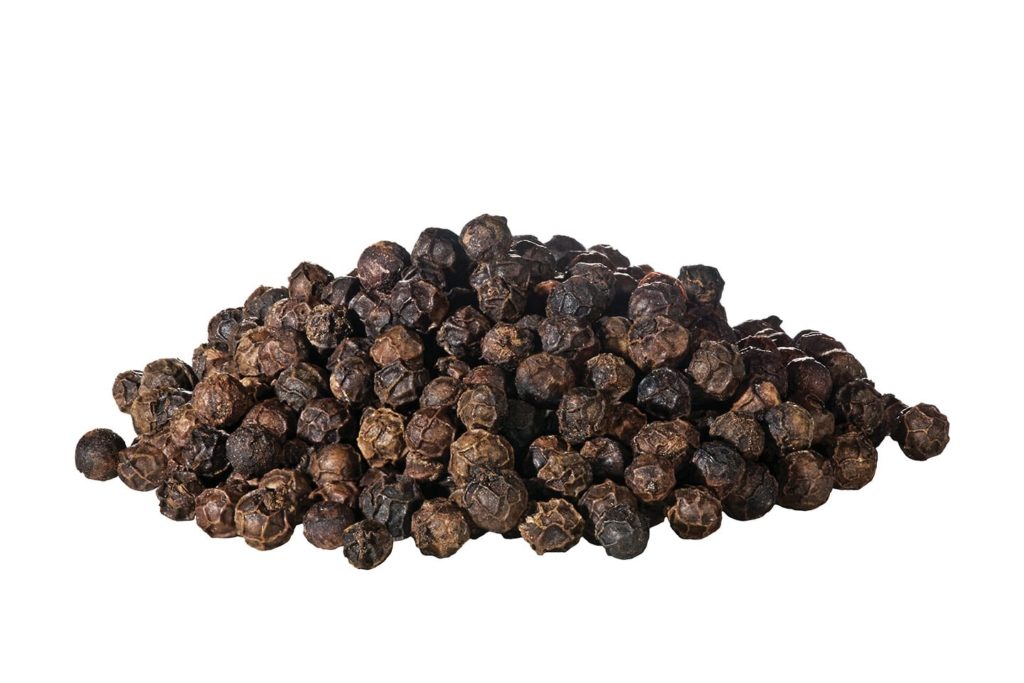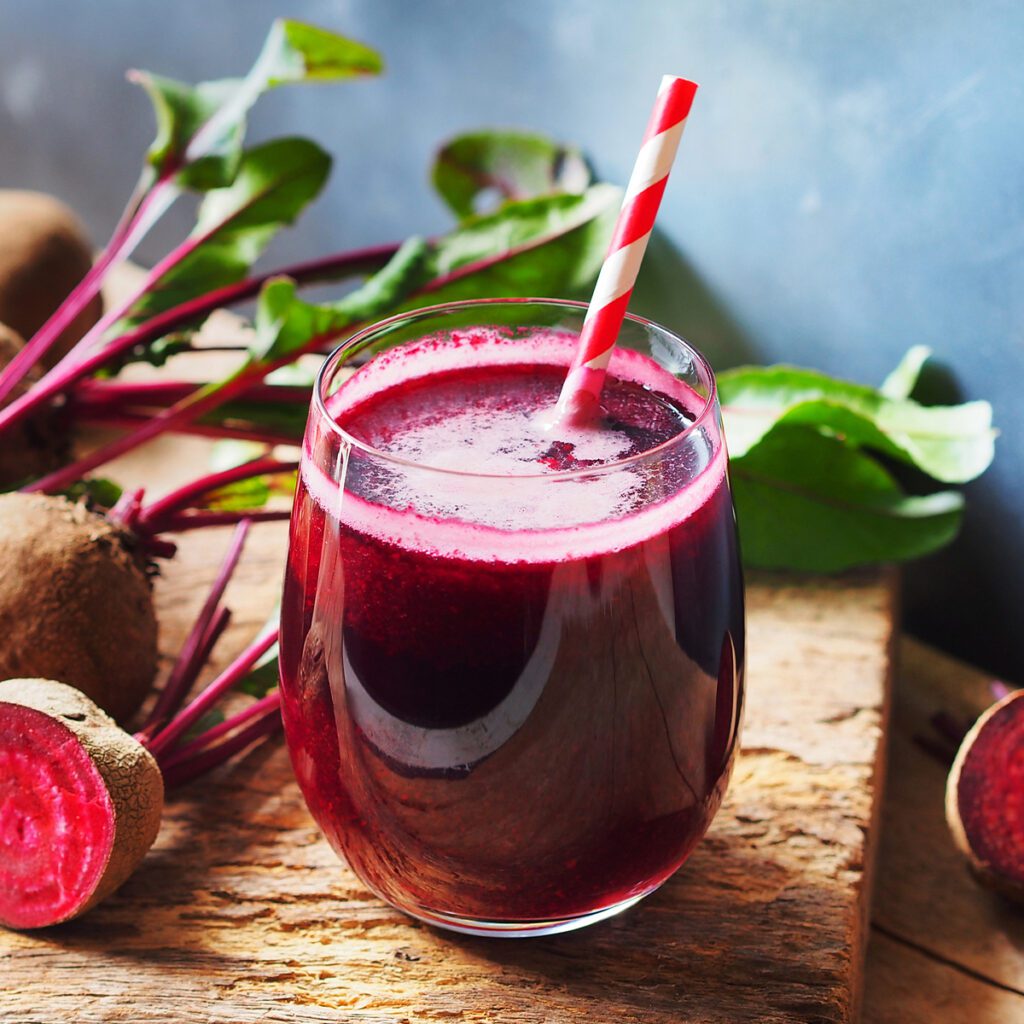Spice It Up
Whether you’re a seasoned home chef or new to the culinary scene, this refresher in essential spices can help you take your cooking to the next level. Look beyond the saltshaker and fill your pantry with these common spices and herbs that are healthy to boot!
Garlic Powder
Made from finely ground, dehydrated garlic, this tried-and-true spice adds oomph to meats, veggies, pastas, and more. Although it’s no replacement for fresh garlic cloves, garlic powder is a real time-saver and works well in sauces, salad dressings, and dishes with short cooking times. Garlic powder also retains many of garlic’s nutrients, including iron and vitamin B6. Note: You might hear this spice referred to as “granulated garlic,” which is essentially the same thing – only it’s ground more coarsely.
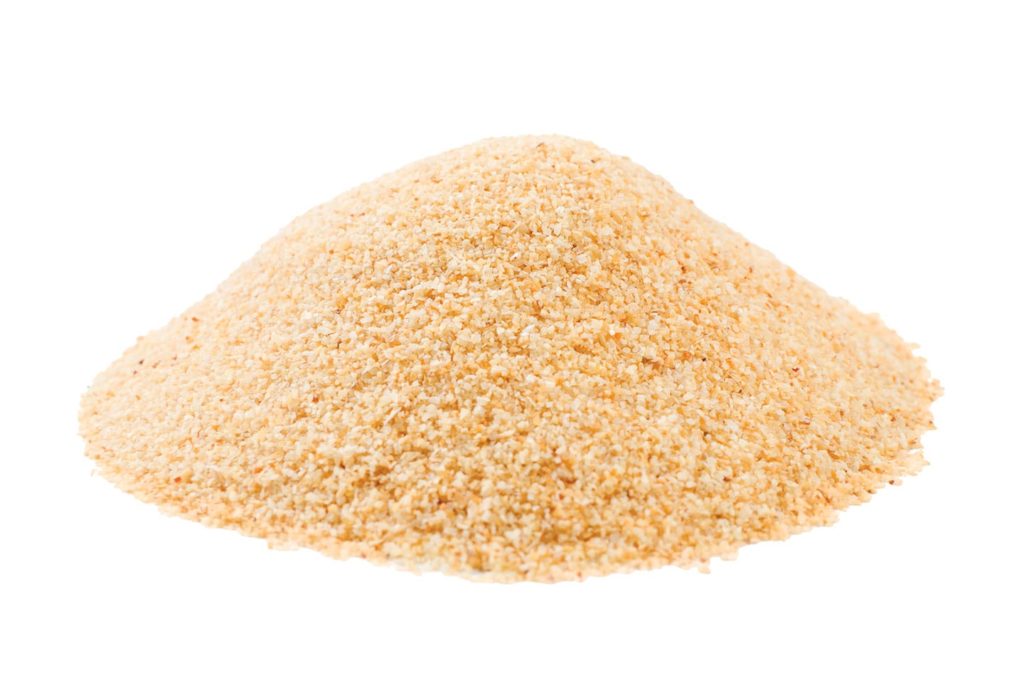
Dried Rosemary
Fabulously fragrant, fresh rosemary is easily recognized by its needle-like leaves. When the herb is dried, you’ll often find it in French and Mediterranean cooking, although its woodsy, peppery flavor can pack a punch in a variety of dishes – particularly baked goods. Since this herb can easily overwhelm a dish, it’s recommended to season with small quantities and work your way up to taste. You’ll benefit from rosemary’s compounds that have antioxidant and anti-inflammatory properties!
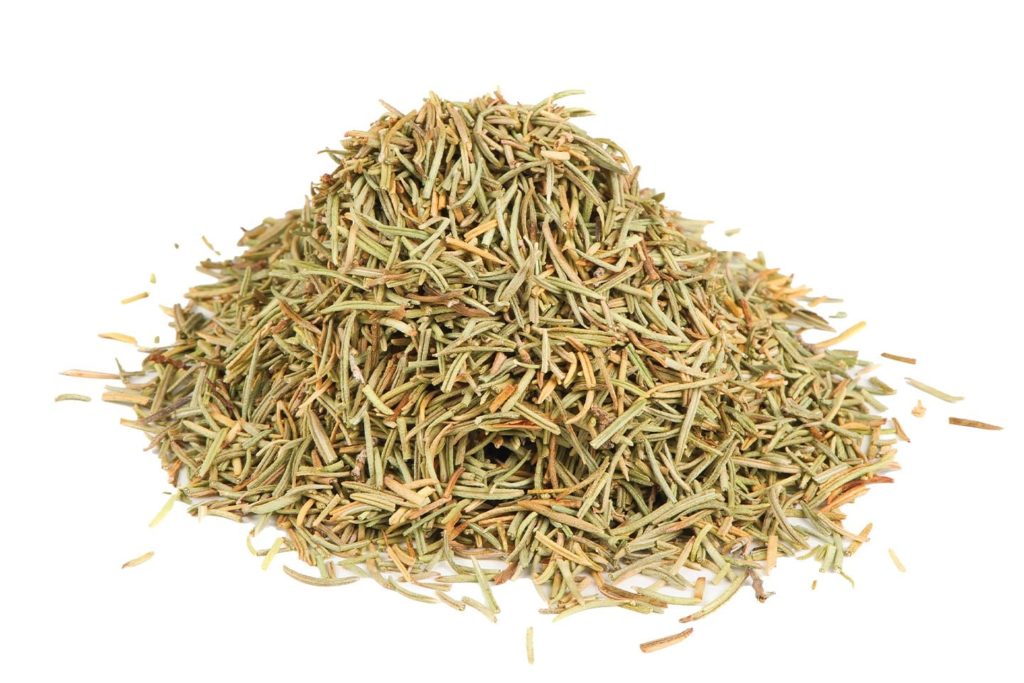
Ground Ginger
Ginger serves double duty in both sweet and savory dishes. Its warm, spicy flavor shines in everything from spice rubs, marinades, and curries to holiday cookies. Similar to garlic, fresh ginger has a stronger taste than ground, but ground ginger can hold up in your kitchen a little longer. What’s more, ginger has been touted as a remedy for upset stomachs, and it’s been linked to preventing certain diseases like cancer.
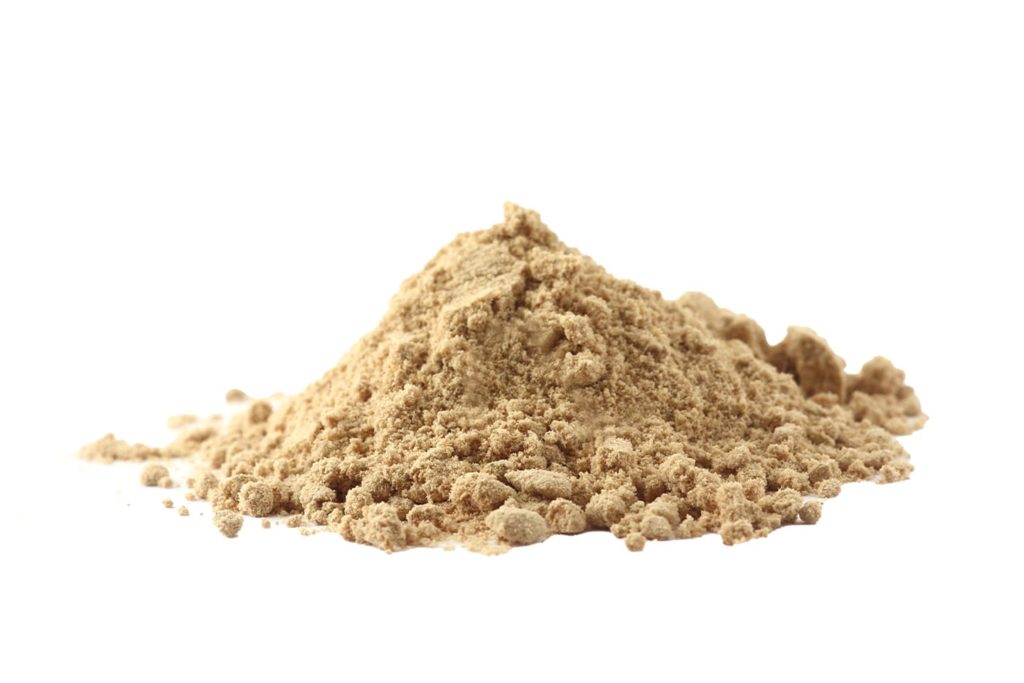
Dried Oregano
Oregano is ever-present in Italian and Greek cuisines, and it plays well with other spices and herbs, such as garlic, basil, and thyme. It’s frequently used to flavor fish, veggies, pasta sauce, and salad (especially Greek salad). The most common form of the herb, Mediterranean oregano, has a milder taste but a bold aroma, and it’s easy to add to your diet. Oregano contains small amounts of key nutrients, including vitamins E and K.
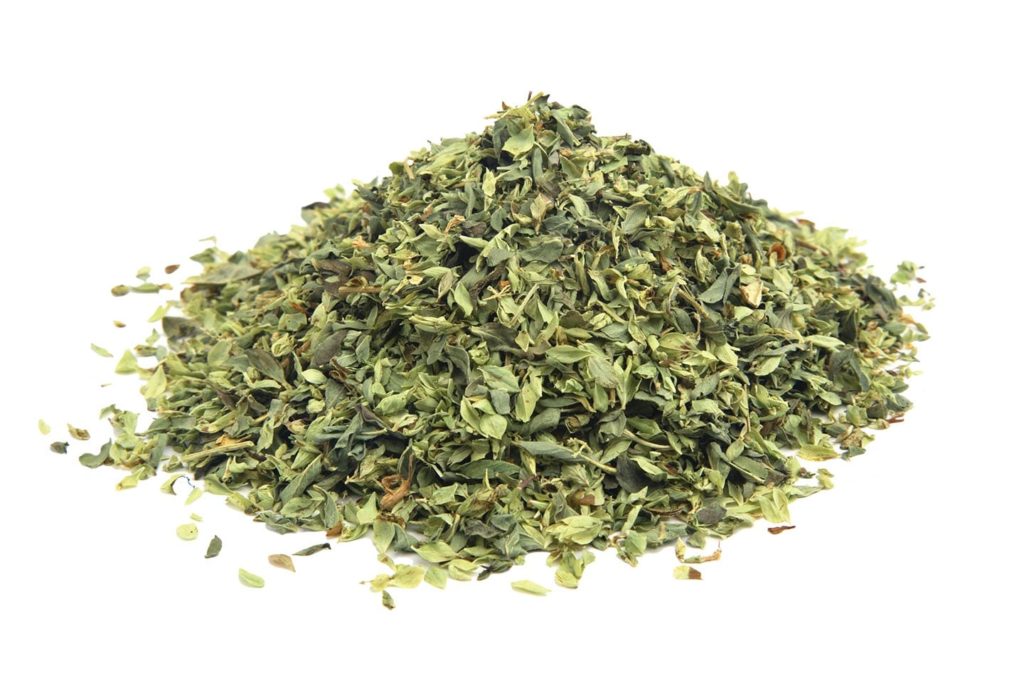
Cinnamon
This subtly sweet spice can be added to almost anything, from your morning bowl of oats to drinks like coffee and tea. While commonly used in breakfast batters (think waffles, pancakes, muffins), cinnamon also introduces a warm note to your favorite soups, braises, and tagines. Plus, research indicates that cinnamon has some pretty powerful properties: It can reduce inflammation, help fight bacteria, and improve heart health.
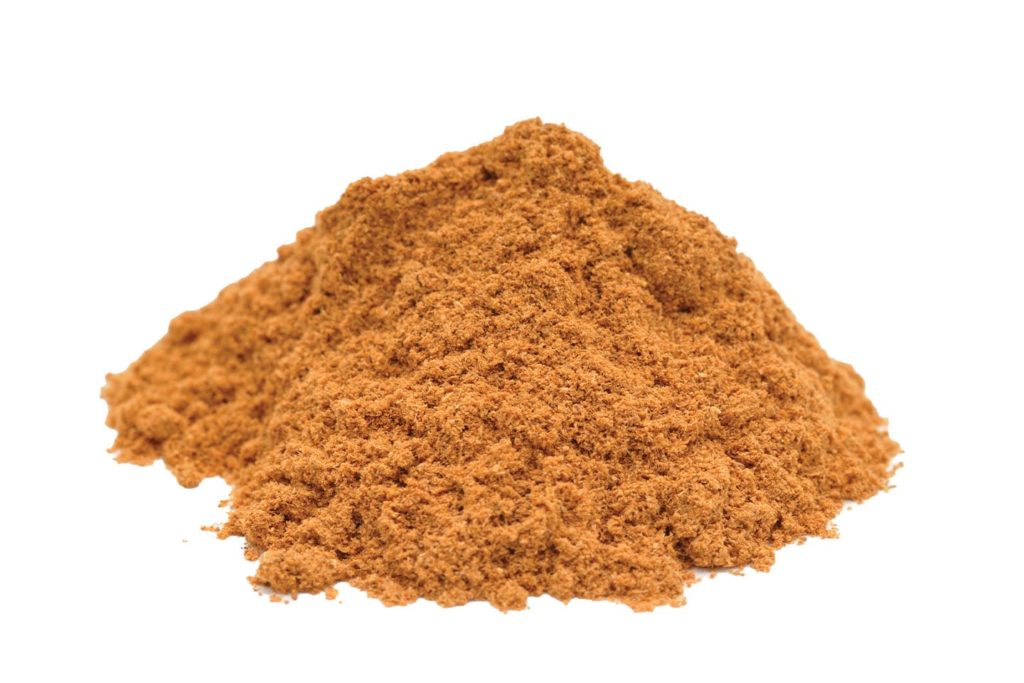
Cumin
Popular all over the world, cumin is revered for its distinctive earthy flavor and aroma. Whether experimenting with Mexican, Indian, or Middle Eastern cuisines, you’ll find that cumin is a seasoning staple, and it’s also an ingredient in blends like curry powder. Cumin is available as whole seeds and a ground powder, although the powder tends to be more versatile. Naturally high in iron, cumin is believed to help with diabetes, weight loss, and cholesterol levels.
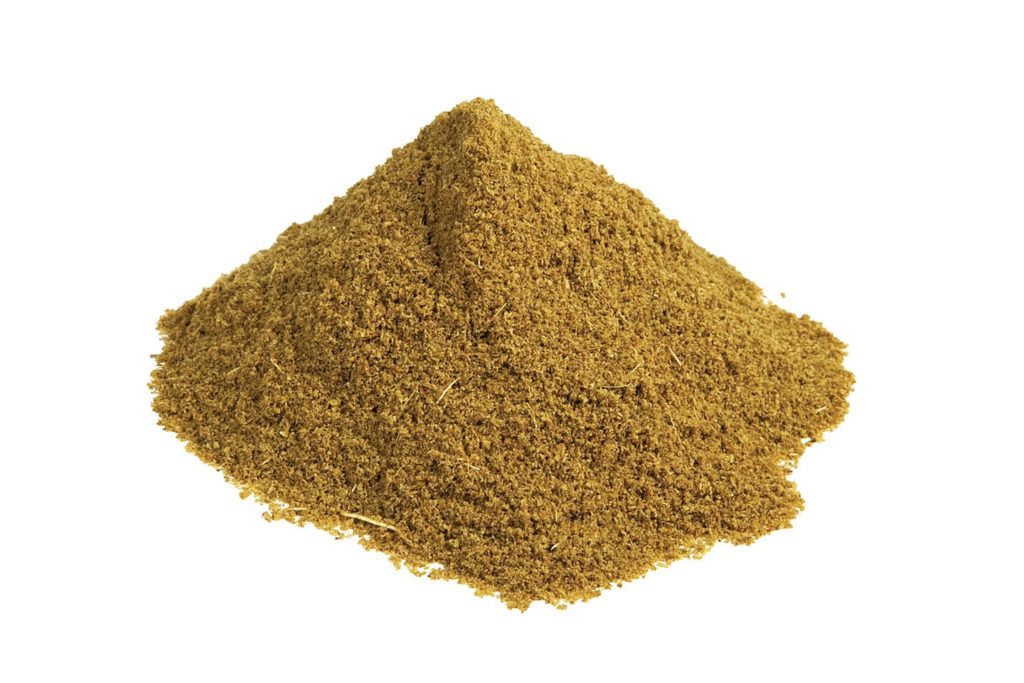
Black Peppercorns
A culinary classic for a reason, pungent peppercorns create extra dimension in your go-to dishes. For optimal flavor, skip the pre-ground pepper in favor of whole peppercorns you grind in a mill. Freshly ground pepper can be added to salads, soups, eggs, curries, sauces – you name it! Not only is pepper antibacterial in nature, helping to alleviate congestion, but it’s also credited with easing digestion.
